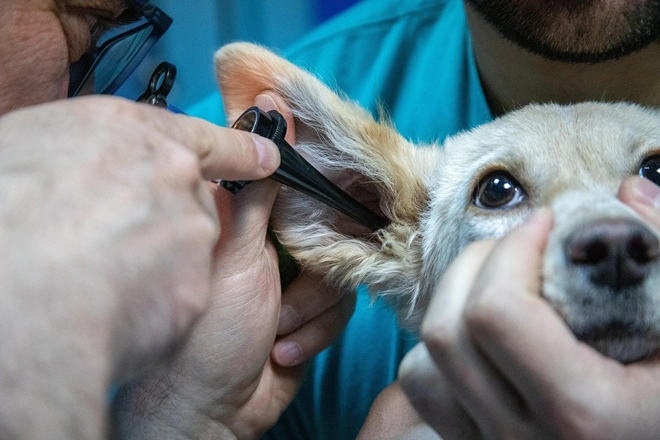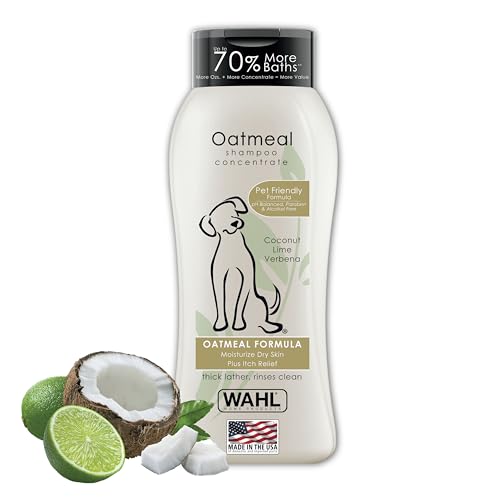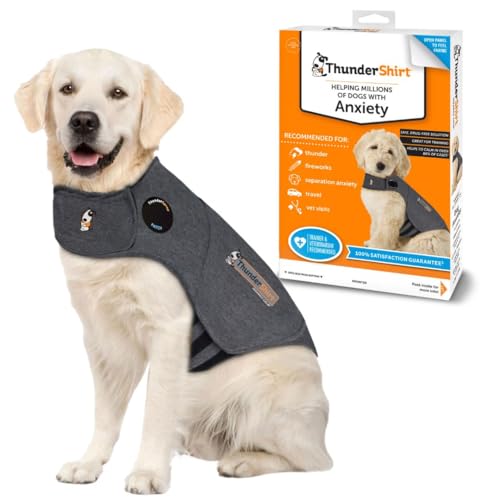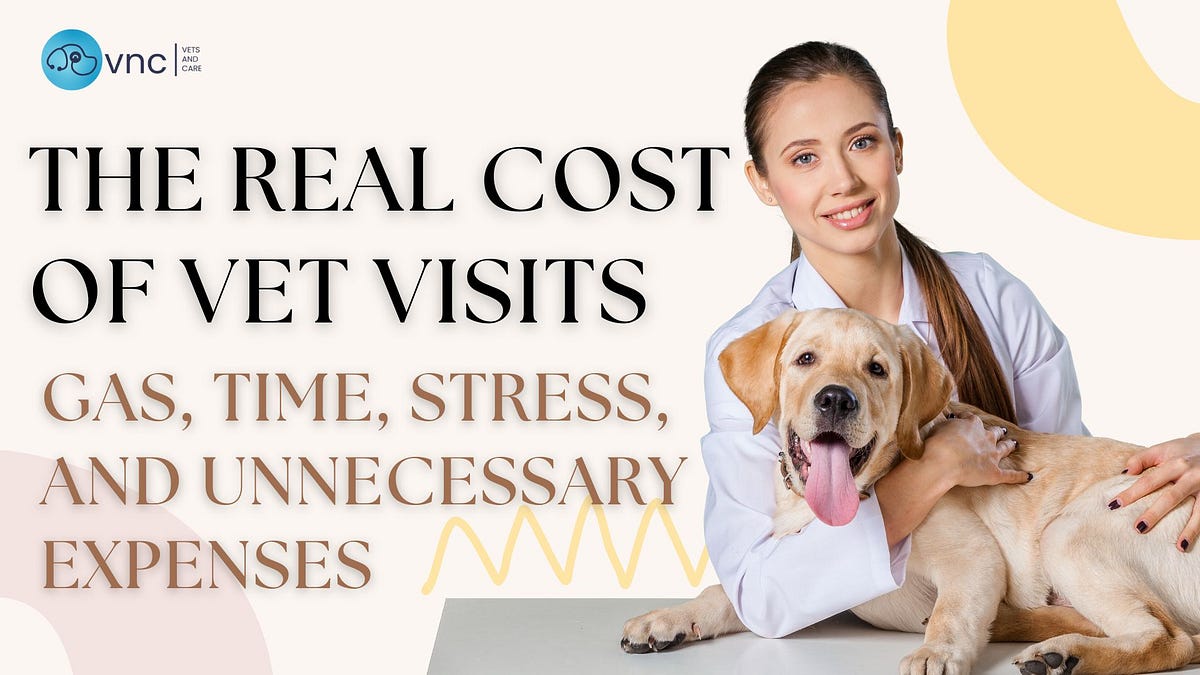If you have a dog, you probably wonder how much a vet visit will cost. Knowing the price ahead of time helps you plan and avoid surprises.
But vet costs can vary a lot depending on what your dog needs. You want the best care for your furry friend without breaking the bank. You’ll discover the typical costs for common dog visits and what factors influence the price.
Keep reading to find out how to prepare for your dog’s next vet trip—and how to save money while keeping your pet healthy.

Credit: vetsandcare.hashnode.dev
Typical Vet Visit Costs
Understanding typical vet visit costs helps pet owners prepare financially. Vet fees vary by location, clinic, and services needed. Basic visits like checkups and vaccinations have set price ranges. Diagnostic tests and emergency visits often cost more due to equipment and care intensity. Knowing these costs aids in budgeting for your dog’s health needs.
Routine Checkup Prices
Routine checkups usually include a physical exam and basic health assessment. Prices range from $40 to $70 per visit. Some clinics offer wellness packages that bundle several services at a discount. These exams help detect health issues early and keep vaccinations up to date.
Vaccination Fees
Vaccinations protect dogs from common diseases. Costs depend on the type of vaccine and the number given. Typical fees range between $15 and $30 per shot. Core vaccines like rabies and distemper may cost slightly more. Annual boosters keep dogs protected and require regular visits.
Common Diagnostic Tests
Diagnostic tests identify health problems your dog may have. Blood tests, urine analysis, and X-rays are common examples. Prices vary widely:
- Blood tests: $50 to $150
- Urine analysis: $25 to $50
- X-rays: $75 to $150 per image
These tests provide vital information for accurate treatment plans.
Emergency Visit Expenses
Emergency vet visits cost more due to urgent care needs. Initial exam fees range from $100 to $200. Additional treatments, medications, and procedures add to the total. Emergency care often requires overnight stays or surgery, increasing costs further. Preparing an emergency fund is wise for unexpected vet visits.

Credit: www.betterpet.com
Factors Influencing Vet Costs
Vet costs for dog visits vary widely. Several factors influence the final price. Understanding these helps pet owners prepare better. Costs depend on where you live, your dog’s condition, and the care needed. Each factor plays a key role in the total expense.
Location And Clinic Type
Vet prices change by region and city. Urban clinics often charge more than rural ones. High rent and demand push prices up. Specialty clinics usually cost more than general vets. Emergency clinics have higher fees due to after-hours care.
Dog’s Age And Health
Puppies and senior dogs need more frequent visits. Young dogs require vaccinations and check-ups. Older dogs often face chronic conditions needing ongoing care. Health issues add to vet bills. Healthy adult dogs usually cost less to maintain.
Type Of Treatment Needed
Routine visits like vaccinations are cheaper. Exams, tests, and minor treatments raise costs. Surgery and hospital stays cost much more. Emergency care and specialist treatment increase bills. The complexity of care directly affects the price.
Ways To Save On Vet Bills
Vet visits can add up quickly, but there are smart ways to keep those costs manageable without compromising your dog’s health. Saving on vet bills often means planning ahead and knowing where to look for support. Let’s explore some effective options that can help you reduce expenses while giving your furry friend the care they deserve.
Pet Insurance Options
Pet insurance can be a game-changer in managing unexpected vet costs. Plans vary, but many cover accidents, illnesses, and routine care. Choosing the right policy means checking what’s included and how much you’ll pay in monthly premiums versus out-of-pocket costs.
Ask yourself: How often does your dog need medical care? If your pet is young and healthy, a basic plan might work. For older dogs or breeds prone to health issues, a comprehensive policy could save you thousands in the long run.
Discount Clinics And Charities
Look for local discount clinics and charitable organizations that offer affordable vet services. These places often provide vaccinations, spaying/neutering, and basic check-ups at reduced rates. Some charities even have programs for emergency care assistance.
Check community bulletin boards or online groups for recommendations. Don’t hesitate to ask your vet if they know of any programs—sometimes hidden gems exist right in your neighborhood.
Preventive Care Strategies
Preventive care reduces the risk of costly treatments later. Simple habits like regular brushing, flea control, and balanced nutrition keep your dog healthier. Early detection through routine check-ups can catch problems before they escalate.
Think about your daily routine—could you add a few minutes to check your dog’s teeth or skin? Small actions can prevent expensive vet visits. What preventive steps could you start today to protect your dog’s health?
Using Pet Wellness Plans
Many vets offer wellness plans that spread out the cost of routine care over monthly payments. These plans typically cover vaccinations, dental cleanings, and annual exams. Paying a fixed amount monthly can help you budget and avoid surprise bills.
Wellness plans also encourage regular visits, which means your dog stays on top of health needs. Ask your vet if they offer such plans and compare what’s included to find the best fit for your budget and your pet’s needs.
Affordable Alternatives For Care
Vet visits can be expensive, but affordable care options exist. Pet owners can find ways to manage costs while still keeping their dogs healthy. These alternatives provide convenient and budget-friendly options for pet health.
Telemedicine For Pets
Telemedicine lets you consult a vet online. It saves travel time and often costs less than in-person visits. Vets can diagnose minor issues and give advice through video calls. This option suits non-emergency questions or follow-ups.
Home Care And First Aid
Learning basic pet first aid can reduce urgent vet visits. Simple care like cleaning wounds or checking temperature helps manage minor problems. Keep a pet first aid kit ready with essentials. Knowing when to act and when to call a vet is key.
Community Vet Events
Community events often offer free or low-cost services. Vaccinations, check-ups, and dental care may be available. These events are held by local shelters or animal organizations. Watch for announcements in your area and take advantage.
Budgeting For Your Dog’s Health
Keeping your dog healthy means planning ahead for vet visits and unexpected care. Budgeting for your dog’s health helps you avoid surprises and ensures your furry friend gets the best treatment when needed. Let’s look at how you can estimate costs and create a safety net for your pet’s medical needs.
Estimating Annual Vet Expenses
Start by listing routine costs like yearly vaccinations, flea and tick prevention, and wellness exams. These usually add up to a few hundred dollars annually, but prices vary by location and your dog’s size or breed.
Don’t forget to include dental cleanings and any medications your dog regularly needs. Unexpected illnesses or injuries can quickly raise your vet bills, so consider adding a buffer of 20-30% to cover emergencies.
| Expense Type | Estimated Cost Range (USD) |
|---|---|
| Annual Vaccinations | $75 – $150 |
| Wellness Exams | $50 – $100 |
| Flea & Tick Prevention | $120 – $200 |
| Dental Cleaning | $300 – $700 |
| Emergency Care Buffer | +20-30% of total |
Have you checked your vet’s pricing recently? Costs can change, and knowing the current rates helps you plan better.
Setting Up A Pet Health Fund
Creating a dedicated savings account for your dog’s health expenses gives you peace of mind. Decide on a monthly amount you can comfortably set aside, even if it’s just $20 or $30.
Use this fund exclusively for vet visits, medications, and emergency care. You’ll avoid dipping into your personal finances or stressing over sudden vet bills.
- Automate monthly transfers to stay consistent
- Review and adjust the amount as your dog ages or health needs change
- Combine this fund with pet insurance if you prefer extra coverage
Think about this: how much did you spend on unexpected pet care last year? Could a dedicated fund have eased the financial strain?

Credit: www.carecredit.com
Frequently Asked Questions
How Much Does A Routine Dog Vet Visit Cost?
A routine dog vet visit usually costs between $45 and $65. This includes a general health check and basic vaccinations. Additional tests or treatments may increase the price. Costs vary by location and clinic.
What Affects The Cost Of Dog Vet Visits?
Costs depend on the visit type, location, and vet clinic. Emergency care, specialist visits, and surgeries cost more. Routine exams and vaccinations are cheaper. Pet insurance can help reduce out-of-pocket expenses.
Are There Cheaper Options For Dog Vet Visits?
Yes, low-cost clinics, animal shelters, and mobile vets offer affordable care. Some communities hold discounted vaccination and wellness events. Always research and compare prices before choosing a vet service.
How Often Should I Take My Dog To The Vet?
Most dogs need at least one vet visit annually for exams and vaccinations. Puppies and senior dogs require more frequent checkups. Regular visits help detect health issues early and maintain wellness.
Conclusion
Vet costs for dog visits can vary. It’s important to plan ahead. Different clinics offer different prices. Consider your dog’s specific needs. Emergencies might cost more. Regular check-ups can help prevent big issues. Always ask for a detailed bill. Compare prices before choosing a vet.
Quality care is important for your furry friend. Research can save you money. Knowing costs helps with budgeting. Take care of your dog’s health. Your dog deserves the best care. Stay informed and choose wisely. Make your dog’s health a priority.
Your efforts will be rewarding.







